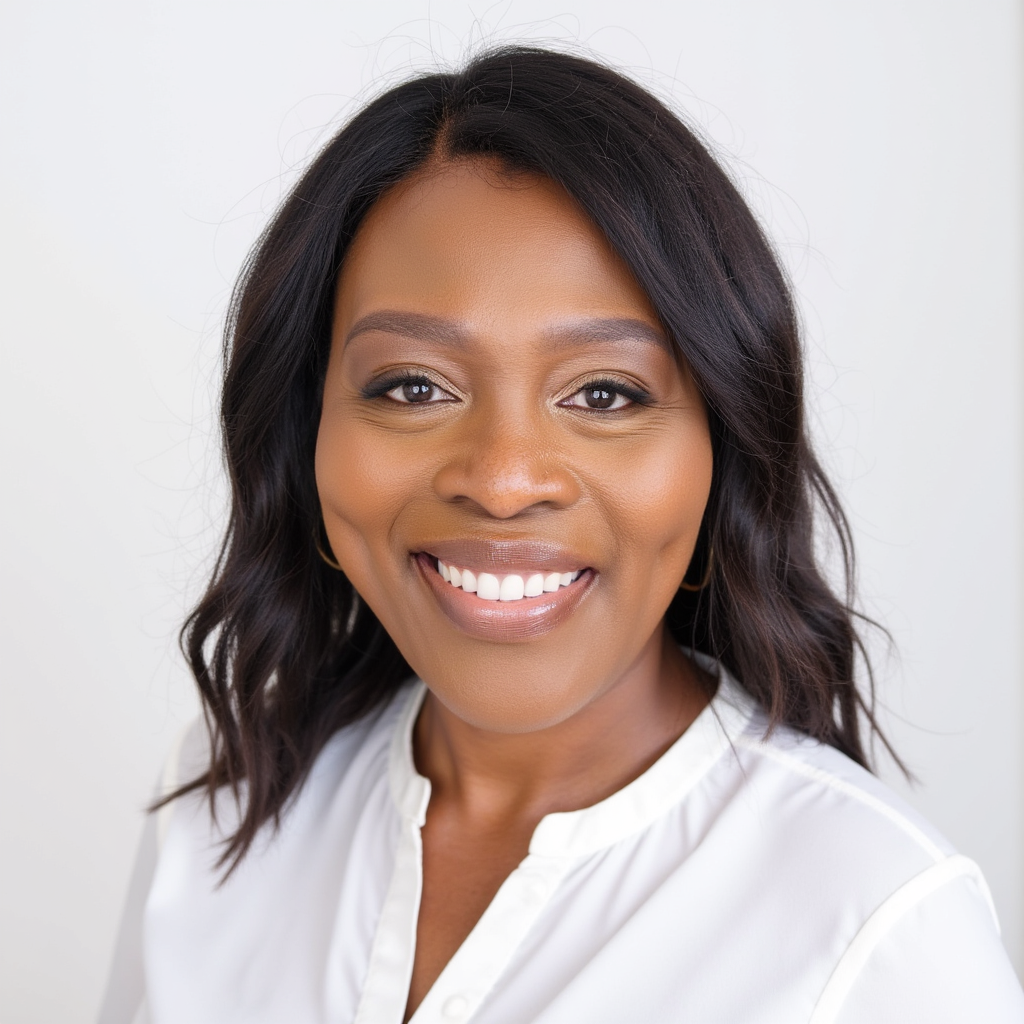Therapy for Black Women and WOC in Los Angeles
Feeling exhausted from having to be the strong one all the time? You carry so much: the expectations, the microaggressions, the pressure to succeed, and the deep emotional labor that often goes unseen. If you're ready for a space where you can be held, supported, and seen not just for what you do, but for who you are, you're in the right place. As a Black female therapist, I understand that healing isn't just about self-care; it's about reclaiming your identity, your softness, and your voice in a world that often expects you to shrink or overperform. This space is for you. Learn more about counseling for Black women in LA.
What is therapy for Black women?
Therapy for Black women goes beyond general mental health support. It's a space where your lived experiences as a Black woman or woman of color are not only acknowledged but centered. We’ll explore the intersections of race, gender, identity, and emotional well-being so that you can process what it means to exist and thrive in spaces that often feel heavy or invalidating. In these sessions, we talk about racial identity, intergenerational trauma, perfectionism, and the pressure to always appear strong. This work is about more than coping. It's about healing from systems that weren’t built for us and learning how to feel safe, soft, and whole.
Most common symptoms of racial or identity-related stress
- Feeling emotionally exhausted or disconnected
- Code-switching or masking your true self to fit in
- Experiencing anxiety or burnout from being “the only one” in certain spaces
- Suppressing emotions to avoid being labeled as “too much”
- Carrying the weight of family or cultural expectations
- Struggling to find spaces where you feel fully seen and supported
How do I know if I need therapy for Black women?
Ask yourself:
- Do I feel like I have to hold it together for everyone else?
- Do I struggle to rest or receive support without guilt?
- Have I experienced subtle or overt racism that I haven’t fully processed?
- Do I often feel unseen or misunderstood by those around me?
- Am I craving a space where I don’t have to explain my experience as a Black woman?
If you said yes to any of these, therapy can help you release the constant need to perform and come back to your authentic self.
How I treat therapy for Black women in Los Angeles
My approach combines somatic awareness, narrative therapy, and cultural humility to help you reconnect with your body and your truth. I believe healing is both personal and collective. It happens when you feel safe enough to rest, to grieve, and to reclaim joy. Together, we’ll unpack what it means to show up in the world as a whole, liberated woman, rather than one defined by expectations or survival. This work is about liberation, not just symptom relief. It’s about helping you trust that softness doesn’t mean weakness and that rest is resistance.
What topics can we talk about in therapy for Black women?
- Racial identity and intersectionality
- Healing the “strong Black woman” narrative
- Navigating burnout and emotional labor
- Family dynamics and cultural expectations
- Reconnecting with your body and intuition
- Learning how to rest, receive, and restore
Ready to get started?
01
Clarify what’s no longer working
We’ll explore what’s bringing you in, the weight you’ve been carrying, and what you’re hoping will feel different. We start by exploring the patterns, roles, and beliefs that have been keeping you stuck in over-functioning, burnout, and emotional disconnection, especially those shaped by faith, culture, and performance.
02
Reclaim your voice and emotional truth
Together, we’ll begin to untangle the internalized narratives that say you have to be strong, silent, or selfless to be worthy. This is where you’ll practice honoring your needs, setting sacred boundaries, and telling yourself the truth, without shame.
03
Redefine your life from the inside out
As healing unfolds, we’ll build a more honest, faith-affirming relationship with yourself and your emotional world. You’ll walk away with tools to support your growth, rhythms that restore you, and a renewed sense of spiritual and emotional alignment.
Therapy for Black women and WOC for high-achieving women in Los Angeles
I specialize in working with women who are constantly balancing strength and sensitivity. Whether you’re a leader, entrepreneur, or caregiver, you deserve support that sees the full picture of who you are. This isn’t about becoming stronger it’s about finding peace in being human.
Tips and resources for Black women seeking therapy
- Allow yourself to rest without justification rest is not a reward, it’s a right.
- Find small daily rituals that remind you of your worth.
- Practice saying “no” without overexplaining.
- Write a letter to your younger self, honoring her resilience.
- Build a circle of support that feels safe, affirming, and reciprocal.

Hi! I'm Dr. J (Jackie Johnson)
Faith-rooted therapist & executive coach for high-achieving women of color
I help high-performing Black women and women of color release burnout, reconnect with their worth, and reclaim their voice—through soulful, faith-affirming therapy and trauma-informed coaching rooted in emotional safety and spiritual alignment.

Book your session
If you’re looking for therapy, sessions are $250 and held virtually for clients in California. You can book your session directly below.
If you’re looking for
life coaching, I offer virtual coaching for women across the U.S. Learn more about my
life coaching services here and choose a plan that fits your goals.

FAQ
Can therapy really help with racial trauma?
Yes. Therapy provides a safe space to process the impact of racism, bias, and systemic oppression on your emotional and physical health. Healing begins when your pain is witnessed and validated.
How is therapy for Black women different from traditional therapy?
This approach centers your cultural context, acknowledging that your experiences don’t exist in isolation. It integrates identity, spirituality, and lived experience in a way that honors who you are.
What if I’ve never had therapy before?
That’s completely okay. I’ll guide you through each step, creating a pace and structure that feels safe and manageable for you.
Can I talk about faith, culture, or spirituality in therapy?
Absolutely. These are often core parts of your healing process. We can explore how your beliefs support your mental and emotional wellness.
What should I look for in a therapist for Black women or WOC?
Look for someone who practices cultural humility, actively engages in anti-racist work, and creates a space where your voice, experience, and emotions are not minimized but honored. Ready to begin? Let’s create a space where you don’t have to be the strong one all the time.
Good Faith Estimate (No Surprises Act)
This Good Faith Estimate shows the costs of services that are reasonably expected for the expected services to address your mental health care needs. The estimate is based on the information known to us when we did the estimate.
The Good Faith Estimate does not include any unknown or unexpected costs that may arise during treatment. You could be charged more if complications or special circumstances occur. If this happens, federal law allows you to dispute (appeal) the bill.
If you are billed for more than this Good Faith Estimate, you have the right to dispute the bill.
You may contact the contact listed above if billed charges are higher than the Good Faith Estimate. You can request an update to the bill to match the Good Faith Estimate, ask to negotiate the bill, or ask if there is financial assistance available.
You may also start a dispute resolution process with the U.S. Department of Health and Human Services (HHS). If you choose to use the dispute resolution process, you must start the dispute process within 120 calendar days (about 4 months) of the date on the original bill.
There is a $25 fee to use the dispute process. If the agency reviewing your dispute agrees with you, you will have to pay the price on this Good Faith Estimate. If the agency disagrees with you and agrees with the health care provider or facility, you will have to pay the higher amount.
To learn more and get a form to start the process, go to:
www.cms.gov/nosurprises or call CMS at 1-800-985-3059.
For questions or more information about your right to a Good Faith Estimate or the dispute process, visit www.cms.gov/nosurprises or call CMS at 1-800-985-3059 .
This Good Faith Estimate is not a contract. It does not obligate you to accept the services listed above.


